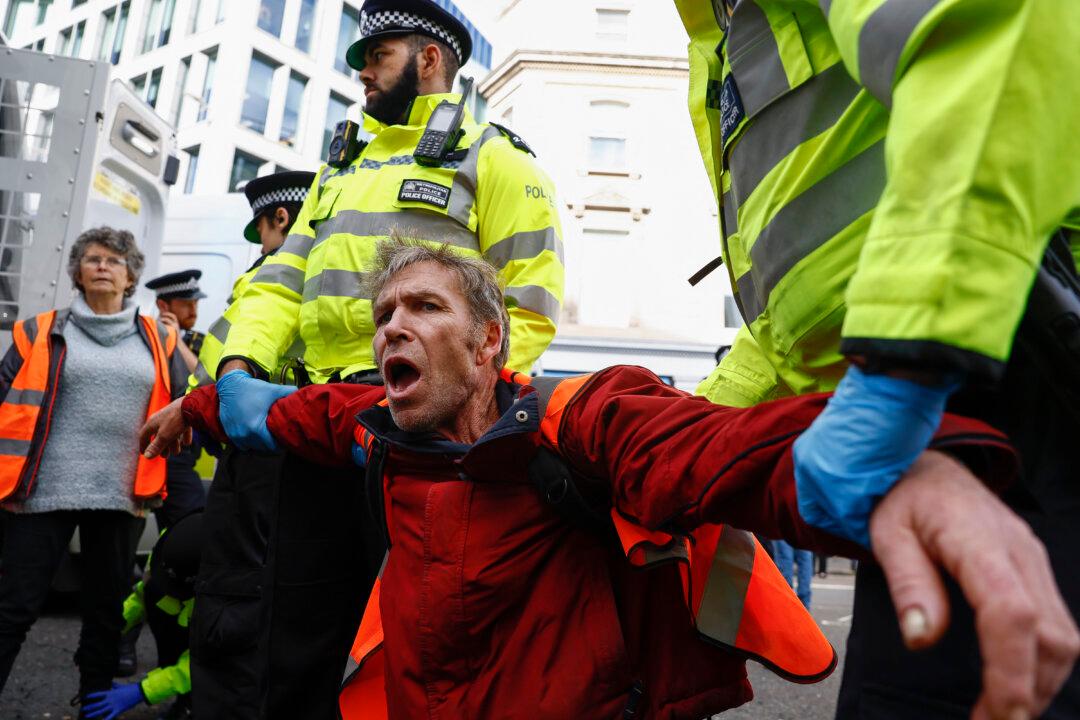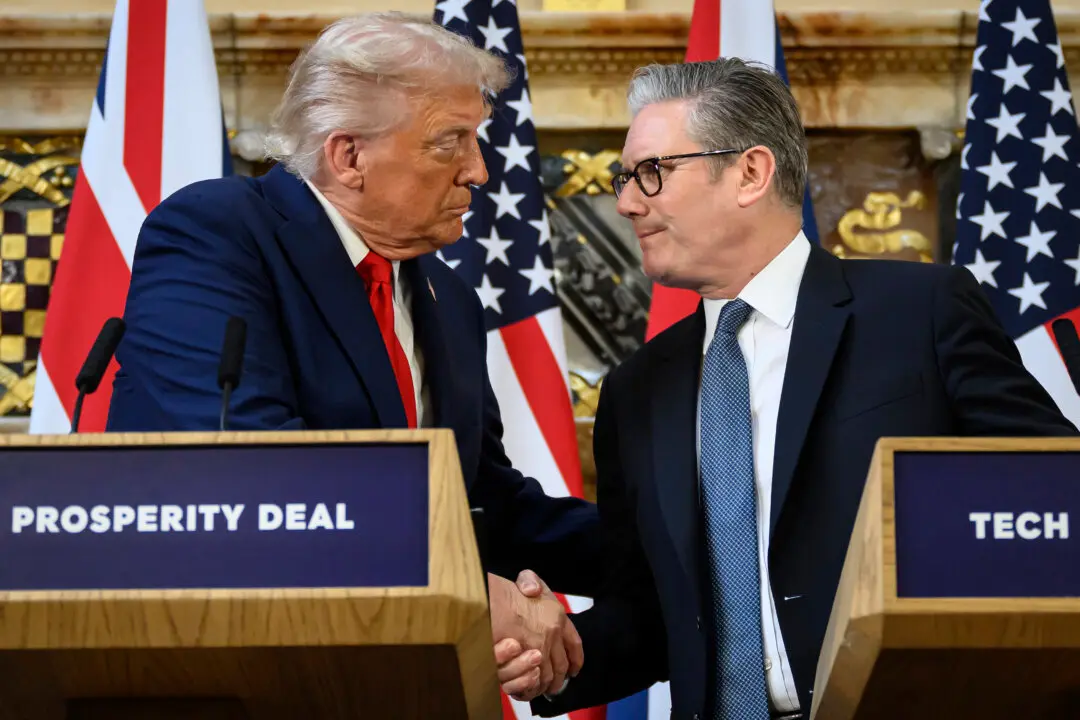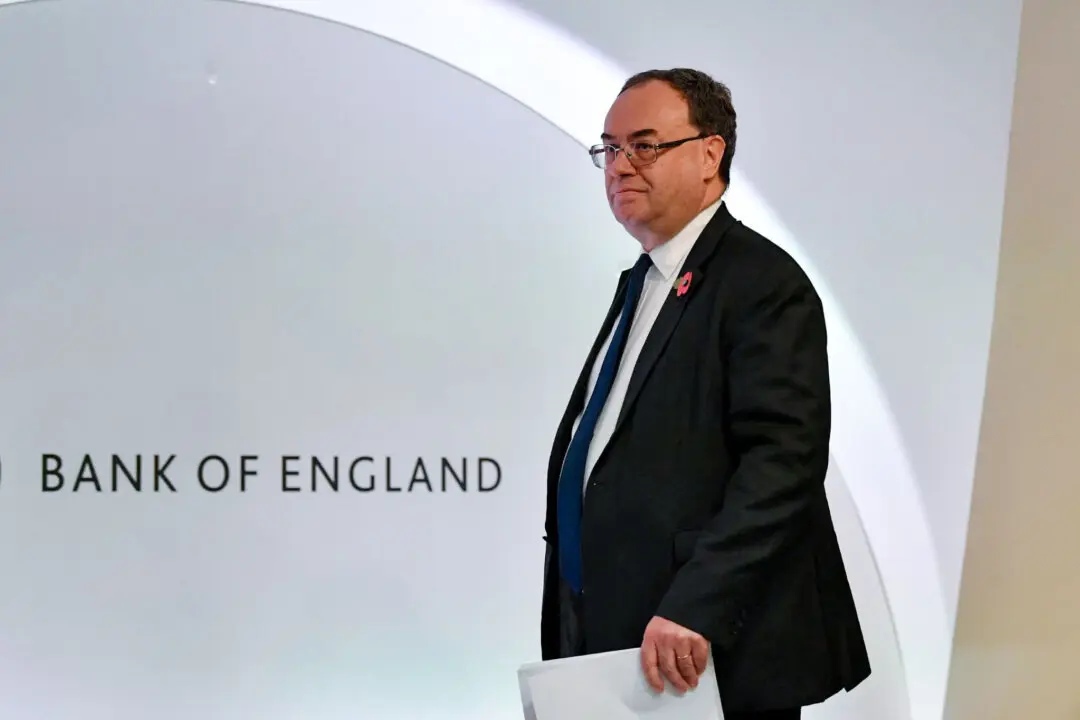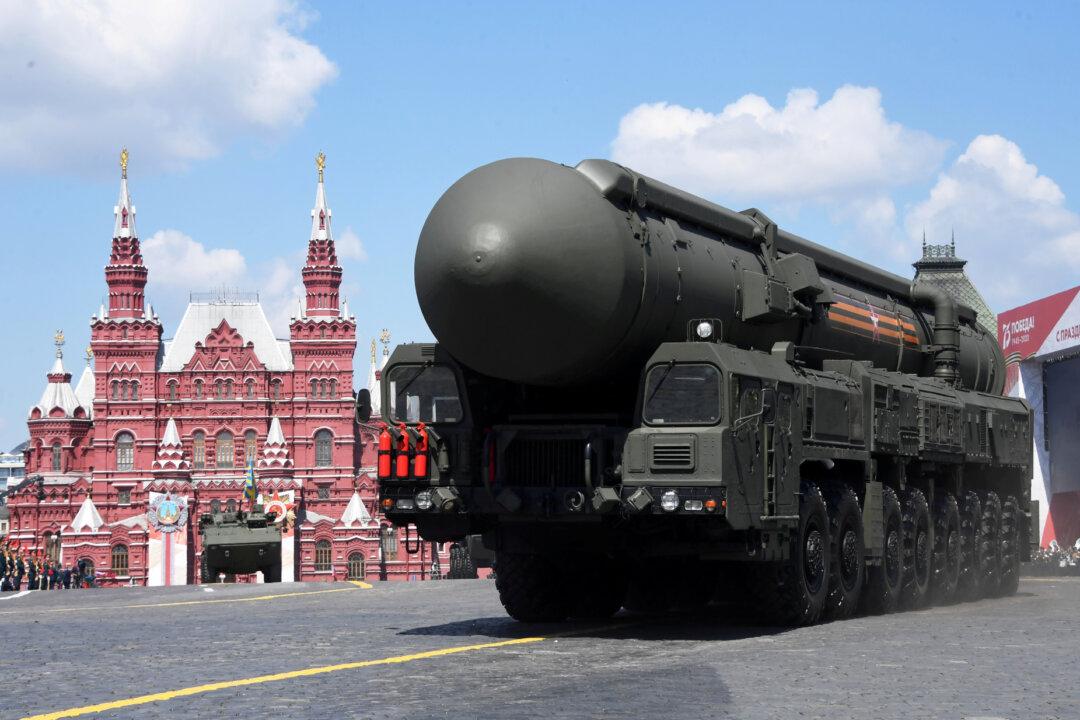Police in England and Wales will have the power to stop protesters who cause “serious disruption to the life of the community,” as new regulations come into effect.
The House of Lords approved amended sections of the Public Order Act 1986 on Tuesday, which provide greater clarity on when police can intervene to stop protesters.





